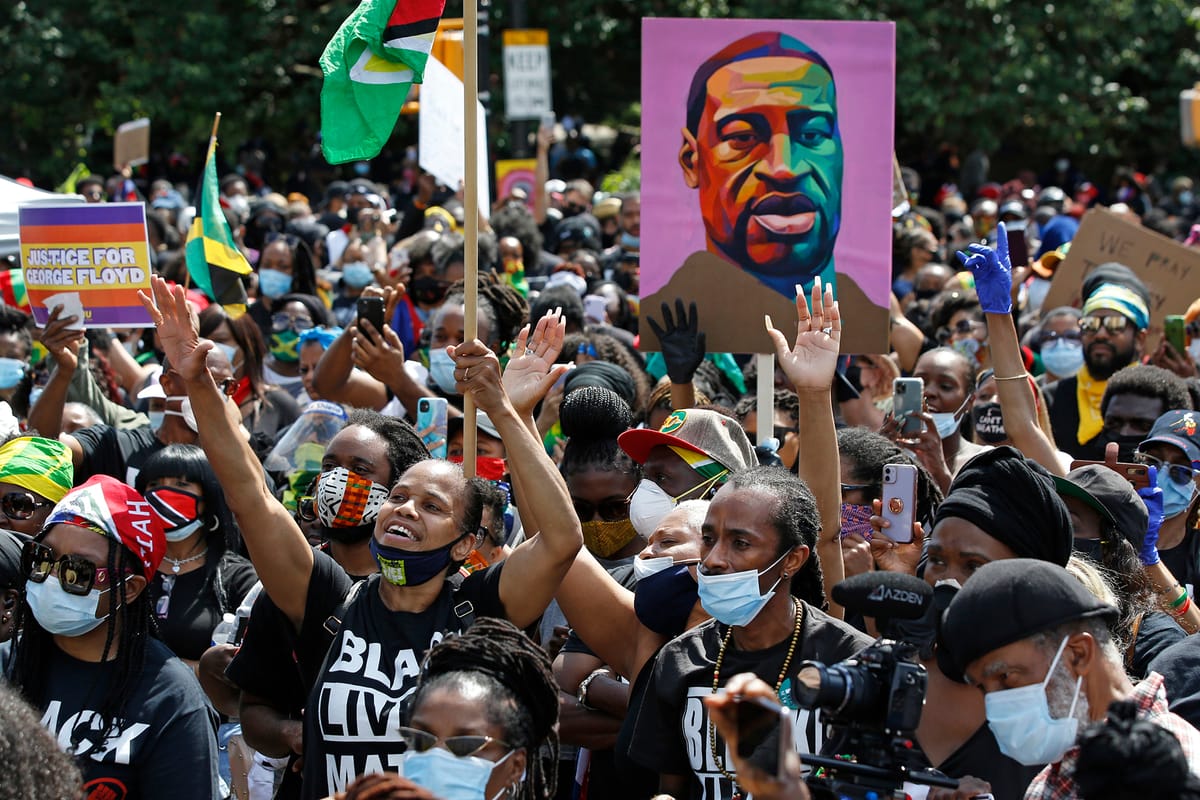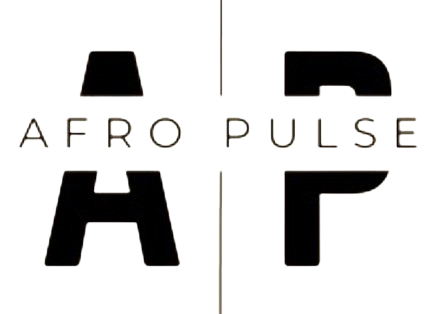Are Liberal Ideals Rooted in Racism?
Let’s start by defining racism, shall we? The devaluation of various traits of character or intelligence as ‘typical’ of particular peoples (Oxford dictionary).

Let’s start by defining racism, shall we? The devaluation of various traits of character or intelligence as ‘typical’ of particular peoples (Oxford dictionary). Keep that in mind as we move forward.
Liberalism, with its focus on progress, equality, and justice, is often hailed as the antidote to societal issues like racism. But what if the very ideals it promotes are more complex than they appear on the surface? Could some of the tenets of modern liberalism actually perpetuate the racial hierarchies it claims to dismantle? In this article, we’ll dive into the question: Are liberal ideals rooted in racism? Let’s explore both sides of this thought-provoking topic.
The Origins of Liberal Ideals
To understand whether liberal ideals might be rooted in racism, it’s essential to examine their origins. Classical liberalism, which emerged in the 18th century during the Enlightenment, emphasized individual freedom, democracy, and limited government. Thinkers like John Locke and Jean-Jacques Rousseau advocated for human rights and liberty, but only for certain groups. Enslaved people and colonized populations, many of whom were people of color, were excluded from these “universal” rights.
The Enlightenment Paradox: While Enlightenment thinkers pushed for political and social freedom, many of them also justified colonialism and slavery. They spoke about liberty but, in practice, denied it to non-Europeans. This historical context raises the question: Can liberalism truly escape its origins, or is it inherently flawed by its exclusionary past?
Modern Liberalism and Race
Today’s liberalism has evolved and champions social justice, equality, and diversity. Yet, critics argue that it often falls short in addressing the deep structural issues of racism.
For example:
- Colorblind Policies: Some liberal approaches advocate for “colorblindness” — the idea that we should treat everyone equally without considering race. On the surface, this sounds ideal. But critics say it ignores the lived realities of systemic racism. Without recognizing the specific challenges faced by marginalized communities, such policies might reinforce the status quo.
- Affirmative Action and Tokenism: While affirmative action policies are intended to correct racial imbalances, they have been criticized for creating a veneer of diversity without addressing deeper institutional racism. Some argue that these policies lead to tokenism, where minorities are included to meet quotas but not given real power or voice in decision-making processes. Furthermore, many minorities perceive Affirmative Action and DEI initiatives as patronizing, suggesting that they wouldn’t succeed without institutional support.
Liberalism’s Role in Maintaining the Status Quo
An important critique of modern liberalism is that it often focuses on surface-level changes rather than dismantling systemic structures of inequality.
For example:
- Performative Allyship: A common criticism is that some liberal individuals or institutions engage in “performative allyship,” making grand gestures of support for racial equality without committing to long-term change. Posting on social media in support of movements like Black Lives Matter, whose motives are often questioned by minorities, can be seen as misguided and ineffective in driving meaningful change. Real change comes from tackling deeply ingrained institutional racism.
- Focus on Individualism: Liberalism’s emphasis on individual rights can sometimes undermine collective efforts to address systemic oppression. While fighting for individual freedoms is essential, critics argue that this focus may overlook the broader social systems that historically disproportionately impacted people of color.
Liberalism and the “White Savior Complex”
One of the most controversial critiques is that liberalism often promotes a “white savior complex,” where well-intentioned white people position themselves as rescuers of marginalized groups. In this dynamic, people of color are seen as passive victims who need help from privileged individuals, rather than as agents of their own liberation. This can reinforce harmful racial hierarchies, even when the goal is to promote equality.
- Aid and Development Programs: International aid and development efforts, often driven by liberal ideals, have faced similar criticism. Some argue that these programs continue colonial patterns of dominance, where wealthy, predominantly white nations “rescue” poorer, often non-white countries, while maintaining control over resources and power dynamics.
The Left’s Struggles with Class and Race
Another critique comes from within the left itself: some argue that liberalism tends to focus more on class struggle than on race.
- Class Reductionism: Certain left-wing movements prioritize economic inequality and class issues, sometimes at the expense of addressing racial disparities. Critics argue that liberalism often sees racism as a symptom of capitalism, rather than as a distinct issue that requires its own solutions. This approach can alienate people of color who may feel their unique struggles are being overlooked.
Liberalism’s Potential for Change
Despite these critiques, liberalism also holds the potential for significant social progress. Its ideals of equality, justice, and human rights can be powerful tools for dismantling racism — if they are applied in ways that address systemic issues.
- Intersectionality: Modern liberal movements are increasingly incorporating the concept of intersectionality, which recognizes that different forms of oppression, such as racism, sexism, and classism, are interconnected. By focusing on intersectionality, liberalism has the potential to address the complex ways in which race and other forms of discrimination interact.
- Challenging the System: Progressive movements within liberalism, such as those advocating for prison reform, healthcare equity, and reparations for slavery, show that it’s possible to challenge systemic racism through liberal frameworks.
Conclusion: Is Liberalism Rooted in Racism?
The question of whether liberal ideals are rooted in racism is a complex one. On one hand, the historical origins of liberalism are undeniably tied to exclusionary practices that benefited white, European men at the expense of colonized and enslaved peoples. Some modern liberal policies also face criticism for perpetuating racial hierarchies or failing to address deep-rooted systemic issues.
On the other hand, liberalism’s core principles of equality, justice, and human rights offer a framework for dismantling racism — if they are applied thoughtfully and with a focus on systemic change.
Ultimately, the answer to this question depends on how liberalism evolves. Will it continue to be shaped by its exclusionary past, or will it embrace the radical changes needed to truly promote racial equality? Only time will tell.
In my view, liberalism has proven ineffective in the past and continues to fail today. Rather than offering real solutions, it serves as a platform for habitual protesters to rally and create chaos on a larger scale. It’s not the path that will lead us to a brighter, more unified future.
What do you think? Are liberal ideals capable of fostering true racial equality, or are they inherently flawed by their historical roots? Is modern liberalism a coping tool used by white people to quell feelings of guilt? Share your thoughts in the comments below!





